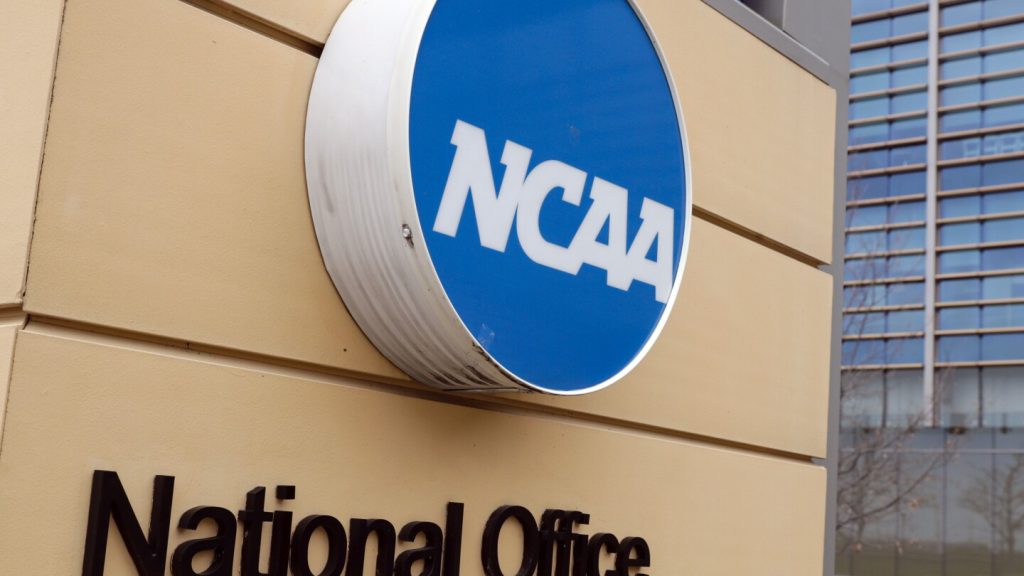The NCAA and the nation’s five biggest conferences have agreed to pay nearly $2.8 billion to settle antitrust claims, paving the way for a new revenue-sharing model that could benefit athletes starting in 2025. This decision marks a significant shift away from the traditional amateurism model that has been in place since the NCAA’s founding in 1906. The agreement will allow athletes to receive compensation through endorsement and sponsorship deals, as well as direct payments from schools.
The settlement, which still needs approval from a federal judge, will allocate $2.77 billion over 10 years to more than 14,000 former and current college athletes who were restricted from earning money from their athletic talents. This move marks a major milestone in college sports, as athletes will now have the opportunity to be compensated for the revenue they generate for their schools. The agreement also signals a shift towards a more professional model in college athletics, where athletes could potentially earn six-figure payments in addition to endorsement deals.
The new compensation model will allow schools to set aside up to $21 million per year to share with athletes, with athletes in all sports eligible for payments. Schools will have the flexibility to determine how the money is distributed among their sports programs, replacing scholarship limits with roster restrictions. The impact of these changes on Title IX gender equity laws, as well as the role of booster-run collectives in athlete compensation, remains to be seen and could lead to further legal challenges.
The settlement resolves a class-action federal lawsuit, House v. the NCAA, brought by former athletes who argued that athletes were entitled to a share of the revenue generated by the NCAA and major conferences through media rights agreements. The agreement is also expected to cover two other antitrust cases currently facing the NCAA and conferences. While the settlement represents a landmark moment in college sports history, it also raises questions about the future of athlete compensation and governance in collegiate athletics.
Despite the settlement, there are still unresolved issues facing college sports, including whether athletes should be considered employees of their schools. Federal legislation or antitrust exemptions may still be needed to solidify the terms of the agreement, protect the NCAA from future litigation, and address challenges related to athlete transfers and governance. While federal lawmakers have expressed interest in addressing these issues, no concrete steps have been taken yet. Overall, the settlement represents a significant shift towards a more professionalized model of college athletics.


